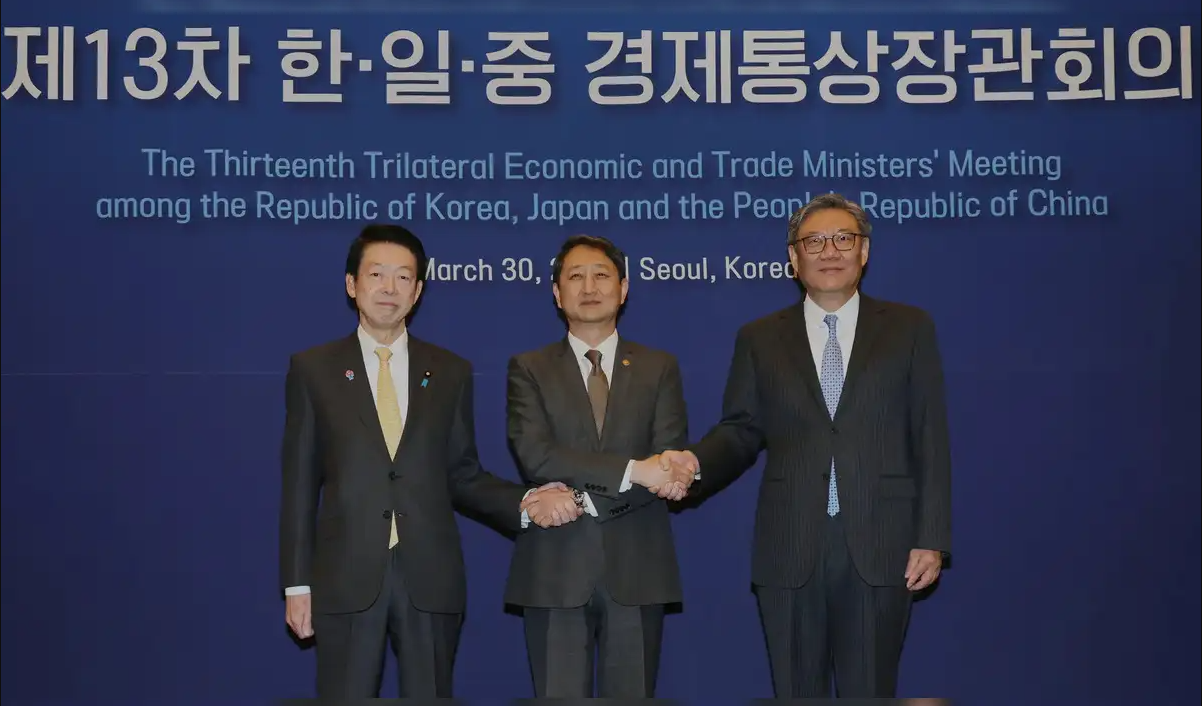
Zhang Yun, Professor, School of International Relations, Nanjing University
Apr 11, 2025
The tariffs will not spell the end of alliances between the United States and Japan or South Korea, but they are likely to promote a strategic awakening in both countries and accelerate the integration process in East Asia.
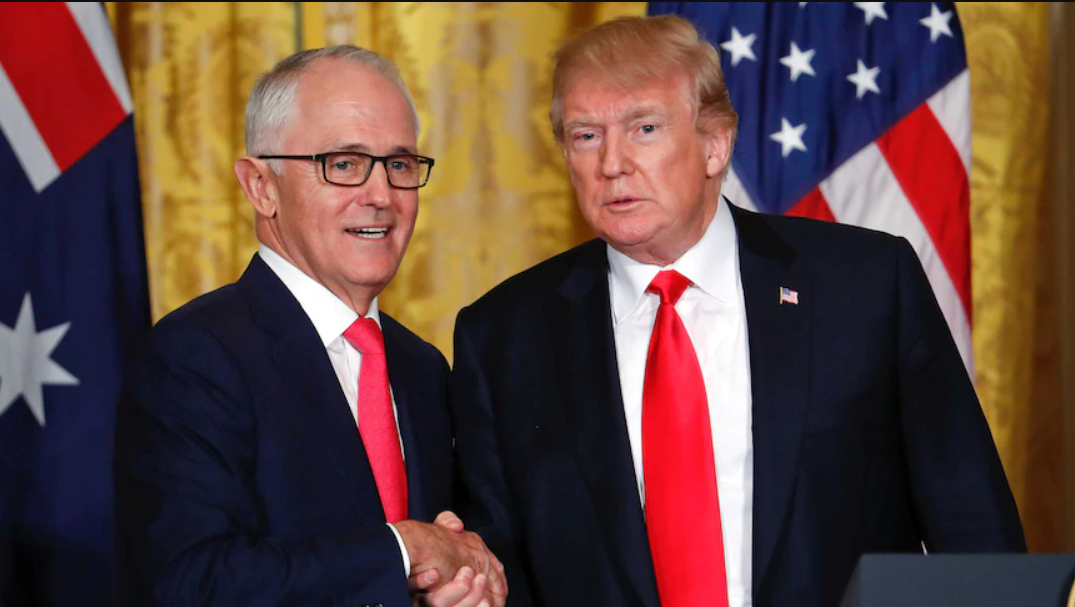
Du Lan, Deputy Director at Asia-Pacific Institute, China Institute of International Studies
Apr 10, 2025
The Indo-Pacific Strategy of Trump 2.0 remains unclear, although consensus has been reached on major power competition. If a new Indo-Pacific Strategy now emerges to build U.S. advantages against China, it will be designed to serve core MAGA goals.
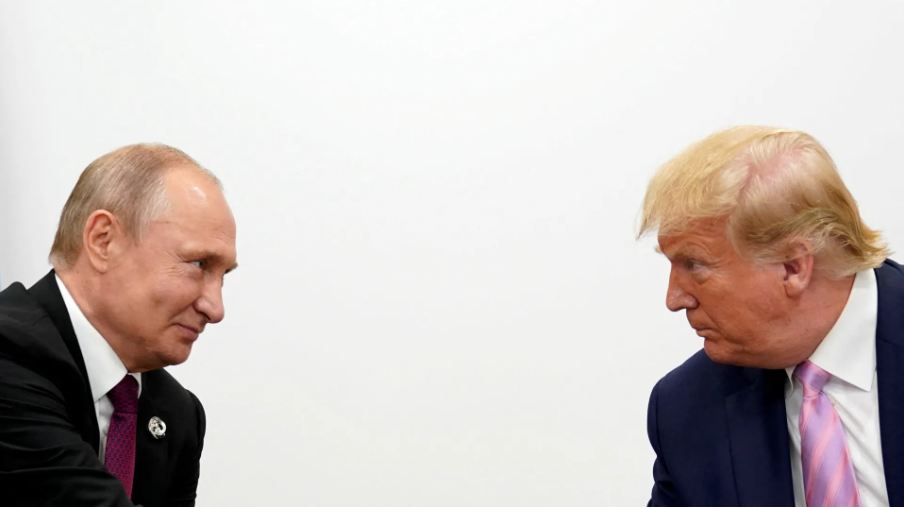
Xiao Bin, Deputy Secretary-general, Center for Shanghai Cooperation Organization Studies, Chinese Association of Social Sciences
Apr 03, 2025
The U.S.-Russia contest over Ukraine shows both the persistence of classic power politics and the clash of competing worldviews at a time when the international system is undergoing a seismic process of reordering. The Ukraine war and its potential settlement are upending traditional major-power dynamics.

Jin Liangxiang, Senior Research Fellow, Shanghai Institute of Int'l Studies
Mar 20, 2025
The future of the region should be decided by the countries there, not by external actors. Strategic autonomy, an idea frequently raised by some Arab countries in recent years, shows they’re waking up to reality. There should be no illusions about the future.
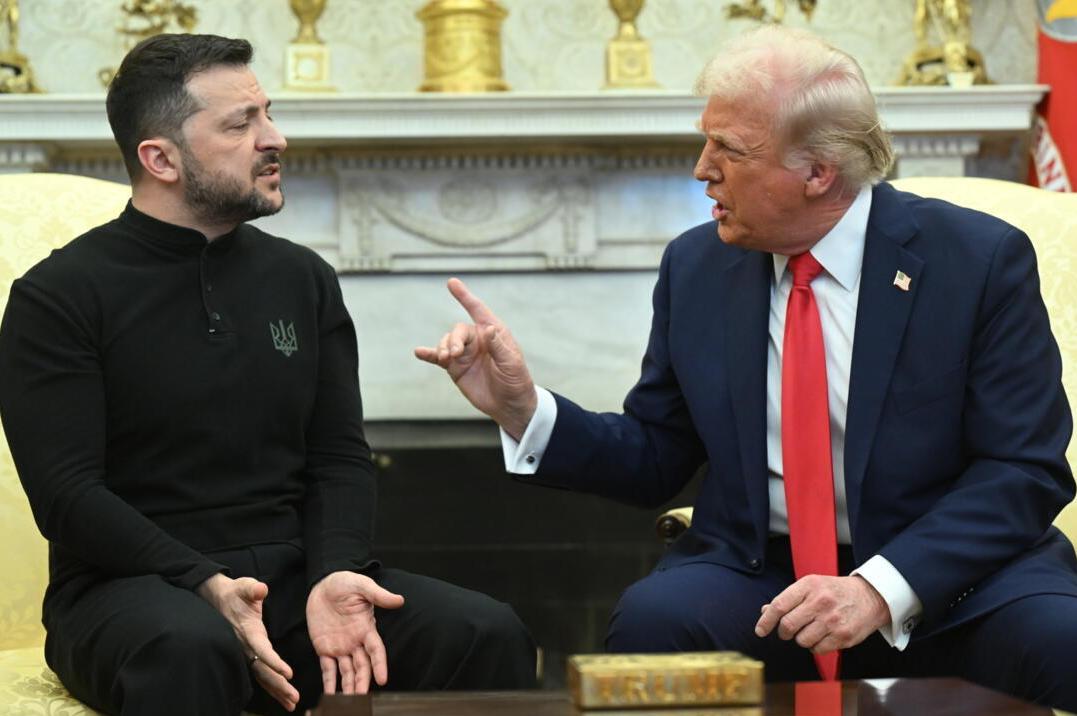
Fu Suixin, Assistant Researcher at Institute of American Studies, Chinese Academy of Social Sciences
Mar 18, 2025
His ultimate vision of a new world order might be some combination of power in which the U.S. takes absolute control of the Western sphere of influence and weighs in heavily on global affairs with other great powers.
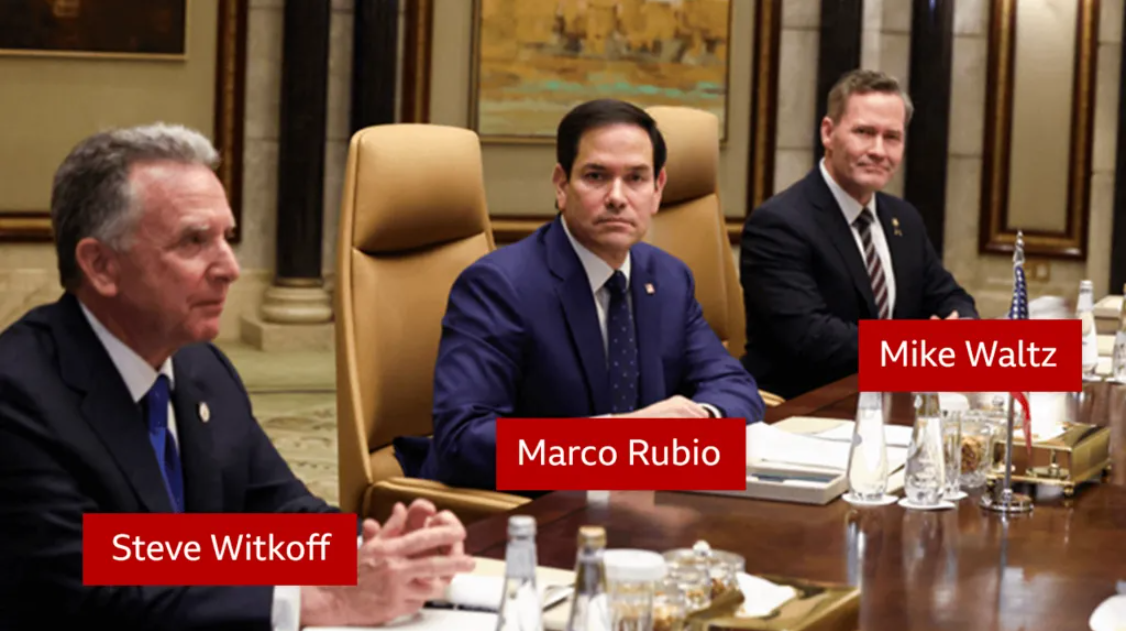
Richard Javad Heydarian, Professorial Chairholder in Geopolitics, Polytechnic University of the Philippines
Mar 14, 2025
The Trump administration's clash with Ukraine has raised doubts about America's strategic reliability, prompting concerns among European and Asian allies about a potential shift in global order under a second Trump presidency.
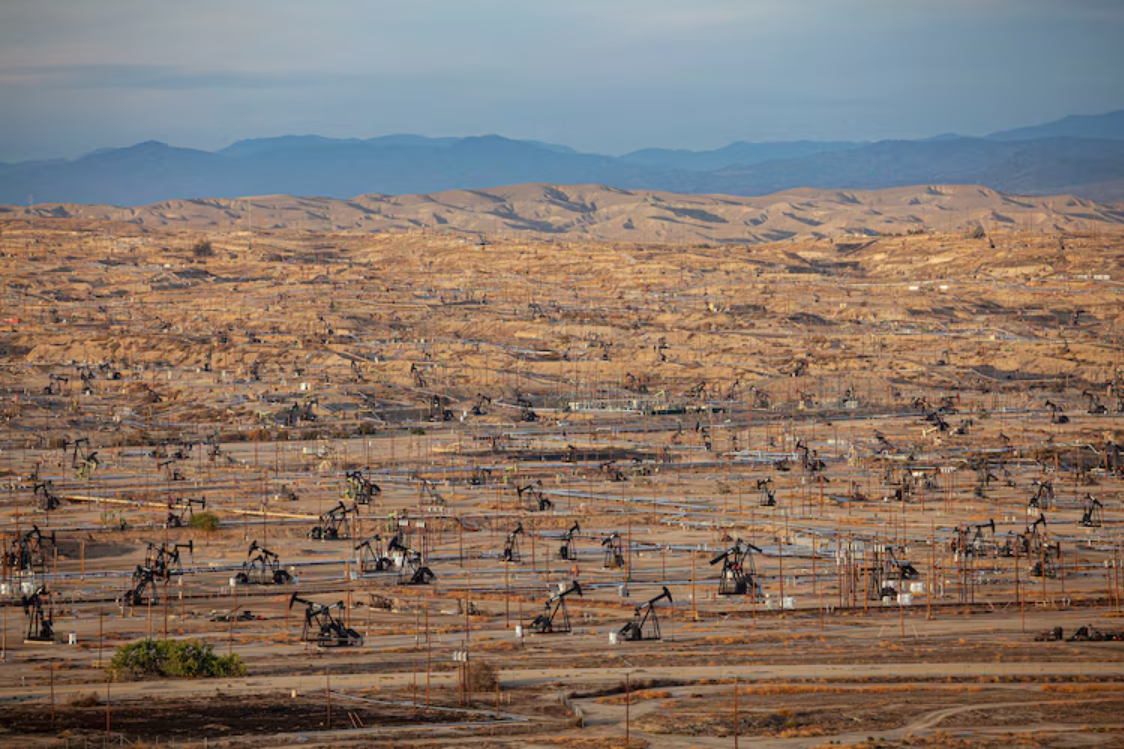
Jianyin Roachell, Transatlantic Digital Debate Fellow and Research Associate at Max Planck Institute of Geoanthropology
Mar 14, 2025
The fossil fuel industry has been a centerpiece of the Republican agenda for most of the modern era, but with the world moving faster than ever toward clean energy, no amount of U.S. strong-arming may be able to stem the tide.
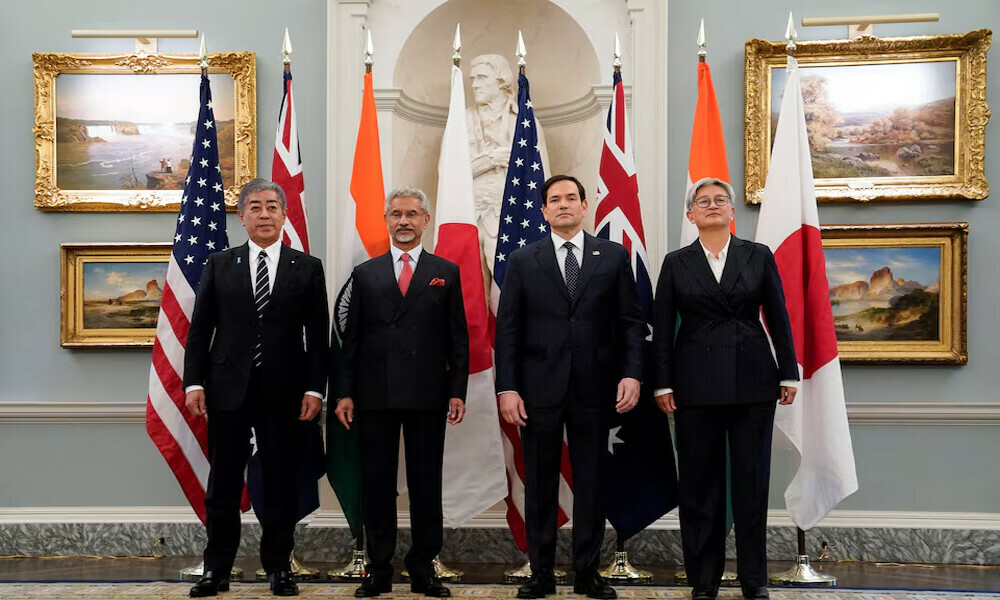
Sajjad Ashraf, Former Adjunct Professor, National University of Singapore
Feb 27, 2025
The Quad has evolved into a coalition with increasing military cooperation and shared concerns over China’s rising power, though India’s reluctance to fully engage in a military alliance limits the group's effectiveness in countering China's influence in the Asia-Pacific.
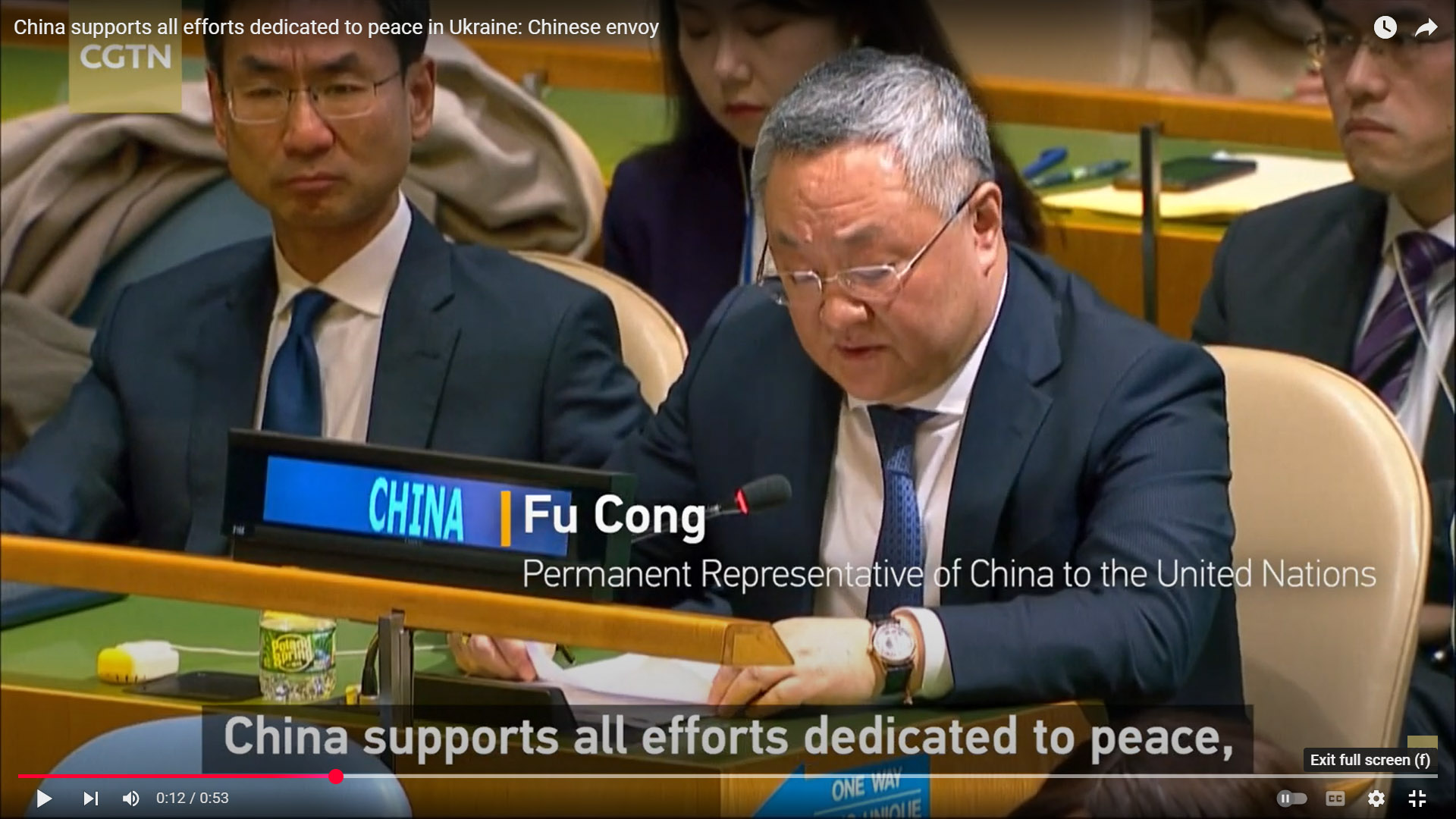
Xiao Bin, Deputy Secretary-general, Center for Shanghai Cooperation Organization Studies, Chinese Association of Social Sciences
Feb 27, 2025
U.S. President Donald Trump’s approach to promoting peace in Ukraine has brought significant changes. China needs to find new roles for itself in promoting the peace process, while continuing to advocate political solutions.
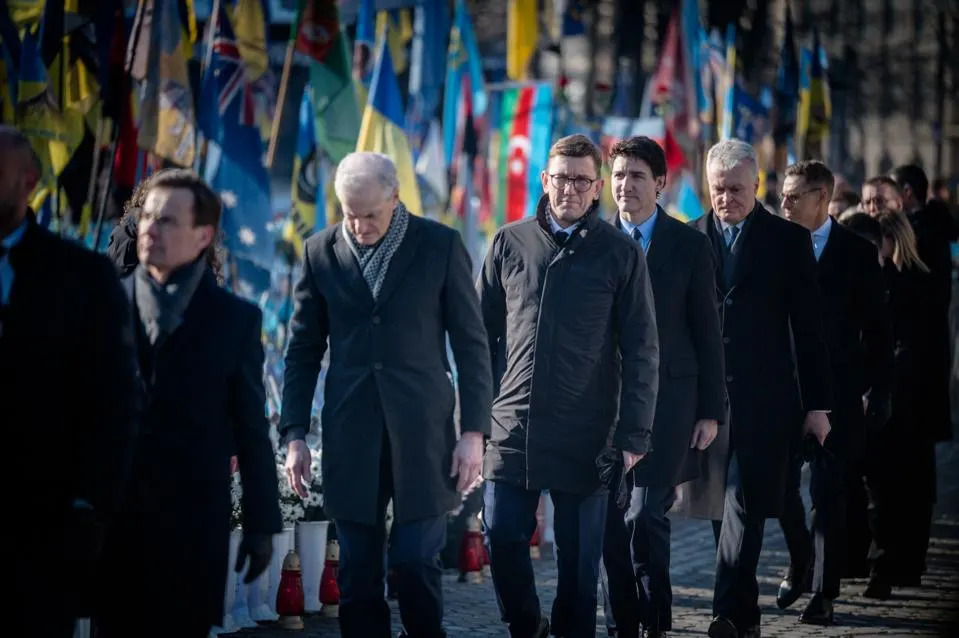
Brian Wong, Assistant Professor in Philosophy and Fellow at Centre on Contemporary China and the World, HKU and Rhodes Scholar
Feb 26, 2025
The future is uncertain for the European Union as powerful regimes with inward-looking agendas have begun rolling out policy in the U.S., Germany, and France, due in no small part to the second Trump administration. For Europe, NATO, and the conflict in Ukraine, this could potentially lead to unprecedented changes in the modern global order.